ChatGPT Application in Medical Science and Research
Artificial intelligence and its application in everyday life
Nowadays, few people are familiar with computers, mobile phones, and various software, but do not know anything about artificial intelligence. Ever since artificial intelligence technology entered our lives, the way many of us humans live has altered. One of the most understandable examples of the application of artificial intelligence in our daily life is the existence of mobile smartphones. Smartphones have played an important role in the evolution of science in the world.
Furthermore, drones, unmanned cars, etc. are also controlled using artificial intelligence. Video games, houses that use smart systems for home lighting, all kinds of virtual networks, robotics, etc. are also examples of artificial intelligence in today’s world.
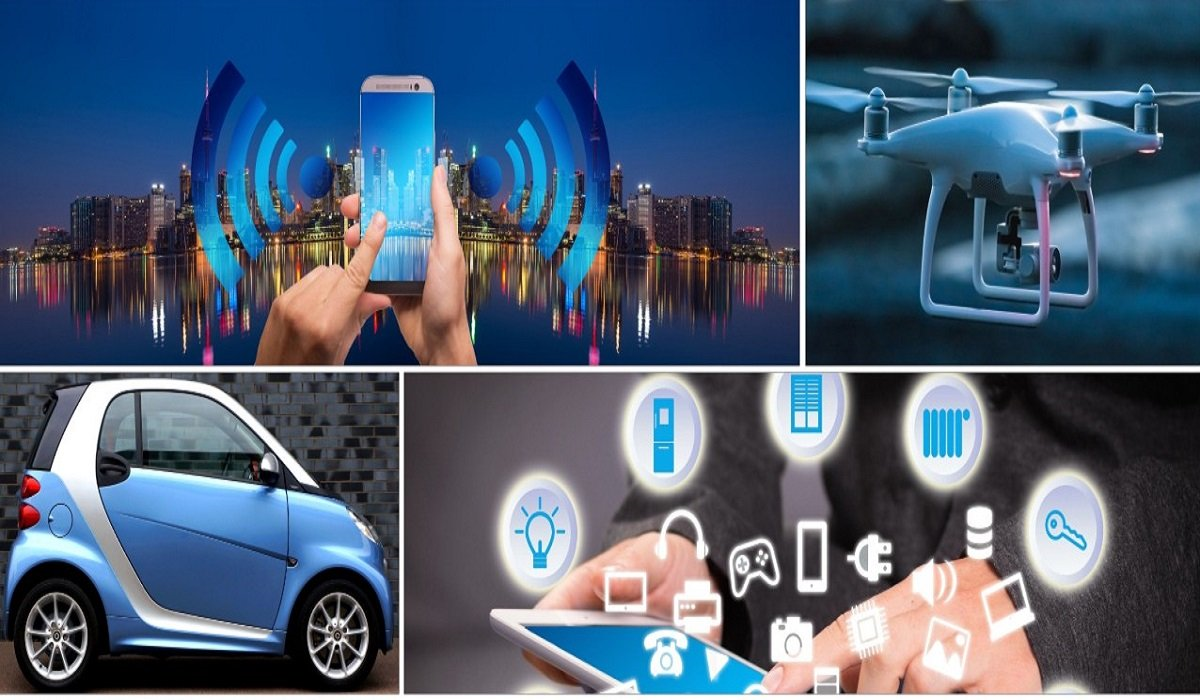
Artificial intelligence and its application in medical science
With the advancement of science and technology in different aspects of life, there was a need to make a huge change in medical and pharmaceutical sciences. Old and traditional methods are no longer enough to discover or mass produce a new drug or many medical diagnoses.
Medical science, like many other sciences, uses artificial intelligence to advance efficiency and quality. With the arrival of the coronavirus in the world, the value and prominence of the rapid production of medicine became clear to everyone. But, if you know that during the production and testing of Johnson & Johnson, about 75 million doses of vaccine were lost due to manufacturing errors due to the lack of artificial intelligence technology. You will probably understand the importance of artificial intelligence in medical science!
Nowadays, the use of artificial intelligence in medical science is so much that it is almost difficult to imagine medical science without artificial intelligence. Many operating room operations in the world are done remotely via video calls, augmented reality, and virtual reality.
Doctors around the world, via artificial intelligence, use the common sense of other doctors in the operating room to save patients. Disease diagnosis technologies with the help of artificial intelligence have reduced medical diagnosis errors several times. Artificial intelligence has not only helped doctors and pharmaceutical companies, but it is also useful for patients.
Using smartphones, patients receive their health records and can see their health progress in it, take the specified medicines on the watch and see their blood pressure, blood sugar, etc. in the past days through their smartphone.
The great use of artificial intelligence in medical science in today’s world, caused us to discuss the use of Chatgpt in medical science and research in this article on our website, that is, Donotedit. In the continuation of this article, be with us by introducing the healthcare chatbot project and one of the famous types of chatbots, Chatgpt.
Healthcare Chatbot Project
What is a chatbot?
Chatbots are software programs designed to interact in human-like conversations. Chatbots are artificial intelligence software that can simulate a conversation with a user in natural language through messengers, social networks, mobile phone software, various sites, etc.
In simpler terms, a chatbot is a computer program based on artificial intelligence that can simulate human conversations. You can use chatbots to hear jokes, read news, solve riddles, empathize, talk when you are alone, etc.
For many people, a chatbot is like a close friend who interacts with them in a meaningful way and can respond and empathize based on what is said to them.

What is the use of the healthcare chatbot project?
A chatbot is indeed like a good friend or omniscient psychologist who can understand human emotions and respond accordingly, but this is not the only use of chatbots. The use of chatbots is currently increasing day by day. One of the most important uses of chatbots is the use of chatbots in healthcare.
The use of chatbots in health care can create very good conditions for patients, doctors, nurses, and patient’s families. Better organization of patient routes, medication management, assistance in emergencies or providing first aid, providing solutions to medical issues, etc. are some of the applications of chatbots in medical sciences.
Health chatbots are one of the types of chatbots that are specifically designed to work in the medical field and help patients and doctors. Currently, chatbots can reassure patients and alleviate their concerns about the examination, so that the patient can go to a specialist doctor for treatment.
Chatbots can also check patient satisfaction, appointment cancellation, patient attendance, test results, etc. Some advanced chatbots can help doctors in treating and diagnosing diseases. The general idea behind the healthcare chatbot project is to make these intelligent conversational or texting algorithms the first choice for accessing primary care.
In this case, patients don’t need to go to a nurse or a doctor from the very beginning, rather, they tell their problem to chatbots first. If the chatbot fails to provide the necessary guidance on the cause of the disease and its treatment, the patient’s case will be referred to a real doctor. Some important applications of chatbots in medical sciences and patient health care:

Chatbot for cancer patients
This smart program is specially prepared for cancer patients and their companions. With the help of this program, patients are given a comprehensive list of diet, exercise, and post-cancer procedures designed by several medical specialists. With the help of this program, patients can find out whether eating a certain food item is harmful to their health or not. Likewise, if they need a specialist, they can use a cancer specialist who is online and responsive 24 hours a day.
Mental and emotional health chatbot
This chatbot can help cure many mental illnesses by providing personalized conversations with the help of psychological techniques embedded in it. Personal care and the ability to track mood and monitor emotional health are some of the uses of this chatbot project in healthcare and mental health.
Nurse Chatbot
This chatbot acts like a personal nurse. Its job is to remember when to take pills and their amount, and to check the patient’s health trends such as weight changes, mood changes, etc.
History of ChatGPT
ChatGPT is an artificial intelligence-based chatbot designed by OpenAI in collaboration with Elon Musk and supported by Microsoft. This powerful artificial intelligence has abilities that are both very surprising and alarming!
ChatGPT is one of the most popular chatbots that appeared in 2022 and not much time has passed since it entered the world of science and communication. But in this short time, it has gained a lot of popularity and fame.
ChatGPT not only has the general capabilities of chatbots, such as answering questions, having a daily conversation, chatting with friends, etc., but it can also write scientific articles, write poems, and have detailed and important philosophical, medical, sports, scientific, and other conversations. This chatbot remembers all your past conversations and what you have said to it before.
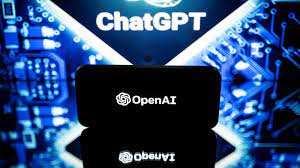
ChatGPT is not a search engine!
Some confuse ChatGPT with Google and imagine that the functionality of both is the same. While this notion is wrong. Google is a powerful search engine that shows you websites that have content similar to your search terms, based on the information uploaded to the Internet and your search term.
But ChatGPT is a language model that can answer your questions and have a conversation with you. ChatGPT does not get its information from the internet but uses artificial intelligence to respond.
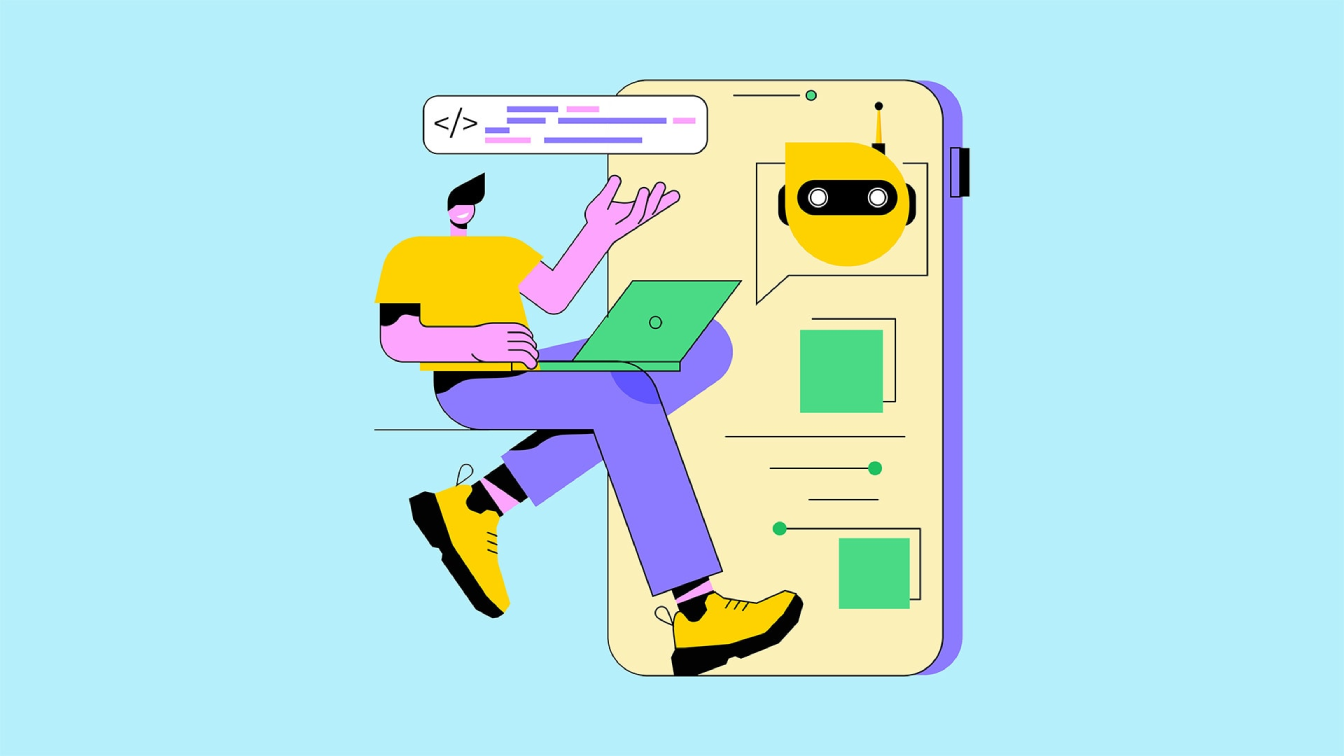
Use of ChatGPT in medical sciences
ChatGPT or chatbot can be very effective and useful in medical sciences. Although some researchers and publishers have banned the use of chatbots or chatbots in scientific and research writings and articles, it seems that if this chatbot is used correctly, it can bring about a huge change in medical science.
Using this chatbot can help doctors diagnose many diseases. If we give the radiology image of a patient to ChatGPT, based on the information it has, it can tell the doctor what is the diagnosis of this disease? What is the stage of the disease and… Using artificial intelligence in medical sciences along with doctor’s intelligence reduces the possibility of doctor’s error. Some of the applications of ChatGPT in medical sciences are as follows:
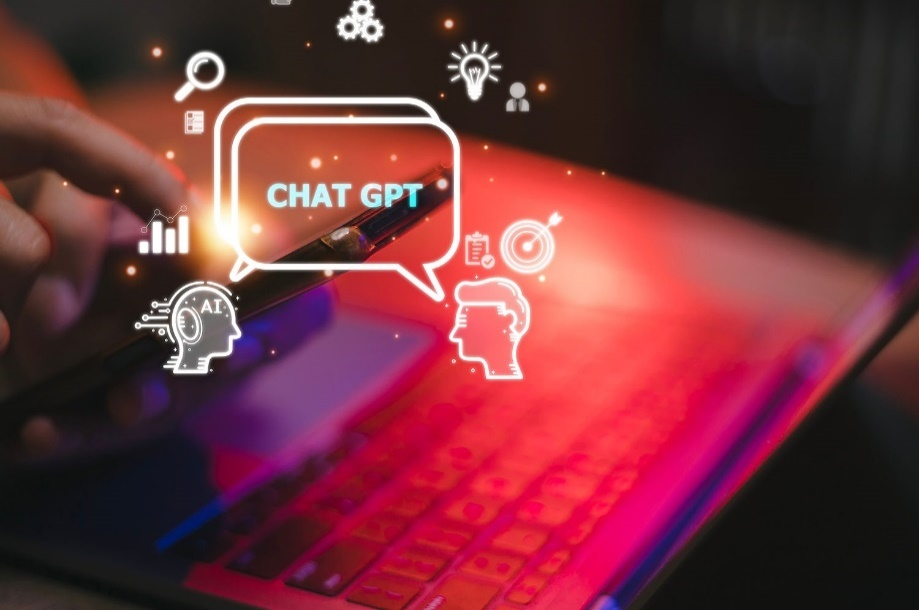
Role of the doctor's smart assistant
ChatGPT can be like a smart assistant for the doctor. Before the doctor’s examination, this chatbot can extract complete and accurate information about the patient’s condition remotely. It can correspond with insurers paying premiums for special and expensive drugs. Write the doctor’s prescription and explain to the patients the conditions of use of medicines, and the hours and days of their use.
Training for beginners and experts
One of the biggest challenges for doctors and their assistants, regardless of whether they are novices or experts in their field, is to keep up with the new technologies of medical science and new methods. As a powerful artificial intelligence, ChatGPT can provide doctors with new scientific methods, new drugs, the latest research, instructions, etc., and play a positive role in updating doctors’ science about treating diseases.
Drug information
One of the most useful functions of ChatGPT in medical science and research is its use for pharmaceutical information. This special chatbot can explain millions of drugs with side effects, drug interactions, contraindications, conditions of use, etc. to patients. Patients can talk to this chatbot in natural language, and the ChatGPT will explain to the patients how to use the drugs and help them in the way of taking the drugs.
They are also very helpful for patients who are more sensitive to the use and dosage of the drug. With the guidance of ChatGPT, these patients can learn how to store medicine and take it accurately and act accordingly.
Mental health support
As mentioned, ChatGPT is a program that can easily speak the natural human language with the help of artificial intelligence. It can listen to the concerns of humans, offer them a solution, and sympathize with them. One of the applications of ChatGPT in medical science and research is to use ChatGPT to help patients’ mental health and damaged emotions.
Remote monitoring of the patient's recovery process
Presently, remote patient monitoring, or RPM has become one of the growing methods to improve the patient treatment process while reducing healthcare costs. With remote monitoring, the patient does not have to travel a long distance to see a doctor and can communicate with his doctor remotely and raise his questions and problems with him.
ChatGPT can help to improve the patient’s condition remotely by analyzing data from wearables, sensors, and other monitoring devices.
ChatGPT regularly checks the patient’s health status with the help of other means of monitoring the patient’s recovery process. If it finds that the patient’s condition has worsened, it informs the nurses or the patient’s caregivers.
If the patient is under care at home, with the help of this technology, the patient’s caregivers can monitor the patient’s condition without going to the hospital and seek help from the doctor to solve his problem.
Medical record keeping
One of the uses of ChatGPT in medical sciences and research is that it is used to record patients’ medical records. Likewise, this program can summarize and simplify patients’ medical records. In this way, doctors and nurses can put their notes in this program. The app can automatically summarize key details, including symptoms, diagnoses, and treatments, and explain them in plain language to the patient and doctor.
Likewise, with the help of the ChatGPT program, specialist doctors can see the patient’s information such as medical records, treatment, drugs used, the results of previous tests, the results of previous imaging, etc., so that they can better help the patient’s recovery.
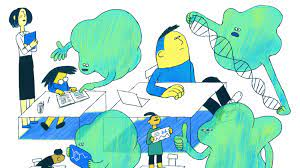
Use of ChatGPT in medical research
ChatGPT is not only used in medical science and helping patients and doctors but is also very fruitful and useful for medical research. Although due to the advanced artificial intelligence in this program, many researchers are against using this program in medical research and are concerned about plagiarism in the research process.
Several researches have been conducted regarding the power and ability of ChatGPT to conduct specific medical research and write an article about it. In these studies, ChatGPT was able to attract the opinion of the referees. The referees found the article written by ChatGPT to be acceptable and approved it.
This issue can have a significant impact on the medical research process. If ChatGPT is used properly, with its help, much unfinished researches can be done easily. Many studies have been conducted on the effectiveness of this program in writing research papers, which we mention below:
Writing a research paper with the help of ChatGPT with the abstract review of 200 papers
With the help of this smart program, many research papers can be done in the field of medicine. In one of the studies that were conducted to evaluate the performance of ChatGPT, this program was able to show a very significant performance.
In this research, about 200 abstracts of medical articles were given to this program. Then the program was asked to carry out 4 stages of research, i.e. research idea, literature review, data collection, and suggestions for testing and investigation. Next, the medical experts integrated the suggestions given by the program with their opinion and sent a consolidated article of suggestions and comments to 32 referees. The result was amazing. The majority of these 32 people accepted the article provided by this program!
Among the 4 stages of research conducted by ChatGPT, the stage of the research idea and data collection received higher scores than the literature review and suggestions. However, if the number of articles increases or if several articles that are more complex in terms of content and science are used in the research, the application and efficiency of ChatGPT will decrease.
Writing a research paper with ChatGPT with abstracts of 50 papers
In another study, 50 abstracts of articles in the field of medicine published in various journals including JAMA, The New England Journal of Medicine, BMJ, The Lancet, and Nature Medicine were given to ChatGPT. The purpose of this project was to investigate the amount of plagiarism in the abstracts written by ChatGPT and compare it with authentic scientific and research articles.
After finishing the work and getting the output, they checked the abstracts written by ChatGPT with a plagiarism detector and artificial intelligence output detector. There were no signs of plagiarism in the abstracts. The AI-output detector identified 66% of the written abstracts of this program. This means that the detector did not recognize 34% of the abstracts written by ChatGPT and mistook them for valid research articles.
To check the performance of this program, several medical researchers also reviewed the articles written by ChatGPT and scientific articles published in reputable journals. They also recognized only 68% of the abstracts written by ChatGPT and considered the remaining 32% as valid scientific articles.
This research shows that ChatGPT can write abstracts that are difficult to tell whether it was written by an AI-based program or a researcher. These abstracts contain no plagiarism and are completely different from the original articles. If the artificial intelligence detector and fully skilled judges are used, up to about 70% it is possible to distinguish whether the abstracts were written by ChatGPT or not.

Conclusion
In this article from Donotedit, we introduced the healthcare chatbot project, some applications of artificial intelligence in medical sciences, and ChatGPT in medical sciences and research. The existence of intelligent technology such as chatbots and ChatGPT can play a very good role in helping patients and reducing their medical expenses.
The use of chatbots in medical science and research as a doctor’s assistant can solve many problems of patients and help doctors make the correct diagnosis. With the progress and speed of chatbots, these programs based on artificial intelligence will have better speed and performance and their mistakes will be minimized.
Perhaps in the next few years, chatbots will replace search engines and become a powerful tools for answering all kinds of medical and non-medical questions!
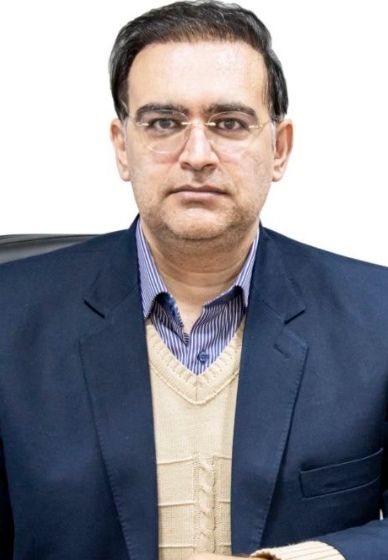
By Masoud Shahabian MD.
Emergency Medicine Specialist, R & D Unit, DoNotEdit Company.
